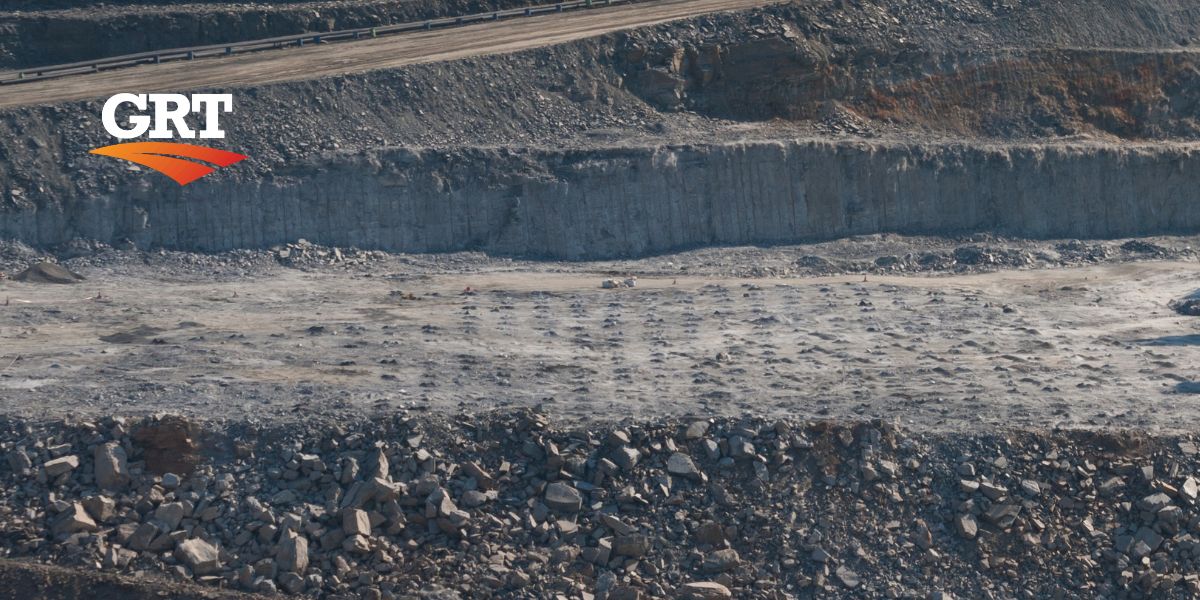While PM10 dust particles might be small, they carry an outsized health risk. Defined as dust, smoke or liquid particles less than 10 micrometres (0.01 mm) in size, the presence of PM10 in the air is an overall driver of the air quality index.
Whether in solid or liquid forms, particulate matter (PM) is a pollutant most commonly produced by motor vehicles, wood-burning heaters and the industrial world.
Sea salt is also considered a common source of PM10 particles.
There are a variety of PM types, but here are some of the main ones:
- Nitrates
- Sulphates
- Organic chemicals
- Metals
- Soil or dust particles and allergens (like fragments of pollen or mould spores)
PM10 are small enough to travel through the throat and nose before entering the lungs, which is the main issue. And once inhaled, the particles can affect the heart and lungs and cause severe flow-on health effects.
Are environmental regulations, health and safety concerns or potential profit loss a concern right now?
What are the potential health implications of PM10?
High levels of PM10 in the immediate atmosphere can cause you to cough, your nose to run, and your eyes to sting.
All the fun stuff.
For people with heart or lung conditions, the symptoms can be more worrying and include wheezing, chest tightness and difficulty breathing.
In reality, exposure to PM can cause a range of health effects.
And at this point, we have no threshold below which exposure to PM doesn’t come with adverse health effects.
In fact, multiple studies have shown a link between exposure to particles and increased hospital admissions, alongside death from heart or lung diseases.
Short and long-term exposure to PM is thought to affect the body in different ways.
Hours or days of exposure can lead to:
- Irritated eyes, nose and throat
- Aggravated asthma and lung diseases like chronic bronchitis (COPD)
- Heart attacks and arrhythmias in those with existing heart disease
- Increased risk of hospitalisation and early death from respiratory and cardiovascular disease
Many years of exposure can lead to:
- Reduced lung function
- Developing cardiovascular and respiratory diseases
- An increased rate of disease progression
- A reduced life expectancy
Minimising the Risk of PM10 Inhalation
If there are high levels of PM10 particles in your area, there are some simple ways to minimise your risk.
According to the EPA, here are the first boxes to tick:
- Avoid being outside in smoke or dust, particularly if you’re experiencing symptoms
- Close your windows and doors
- If you suffer from asthma, follow your action plan
- The same for heart or lung conditions
- If concerned about symptoms, see a doctor or call Nurse on Call on 1300 606 024
In an industrial setting, dust inhalation can become something workers are exposed to often and on a daily basis.
But there are modern dust suppression systems available to help.
Global Road Technology (GRT) is a world leader in innovative dust suppression technology that helps overcome the global challenge caused by dust in various industries and sectors such as mining, quarries, civil projects, and more.
GRT supplies a range of specially formulated, polymer-based dust suppression products and solutions.
Our products not only prevent the generation of dust but also work to stabilise the road surface.
Each solution has been designed for quick deployment and can be applied easily without adverse environmental impacts.
The GRT dust suppression product line includes the following:
- GRT: Haul-Loc: Ultra-concentrate uses GRT’s LCP technologies to maximise the efficiency and effectiveness of water cart operations by up to 500%.
- GRT: ACTIVATE UG: Super-activated dust control for underground mining. This product is injected into water supply lines and through existing spray systems for the longwall, continuous miners, and conveyors, targeting harmful airborne coal and silica dust.
- GRT Wet-Loc: Non-drying and non-setting, a synthetic fluid designed to adsorb into soil particles, stopping them from becoming airborne. GRT Wet-Loc is long-lasting, waterless, and ideally suited to underground mining roads and heavy, damaging traffic areas. Including tracked machinery ways and race tracks (speedways and even horse and camel tracks).
- GRT: Drill & Blast Applications: GRT: 12X & GRT: DC Binder. These products super-activate the water for drilling and blasting. The chemical interactions allow the binding of the surface of fine drill cutting piles.
- GRT: Broadscale Applications: GRT: Soil-Loc, GRT: Ore-Loc, and GRT: Rubble-Loc. Specific formulations designed for farming, resources, ore stocks, transport, demolition and disaster rehab sites.
- GRT: ACTIVATE: Cutting-edge dust control technology to make water work better, harder, and more efficiently. Its injected through existing dust spray systems, trucks or stabilisers, and critical applications in quarry crushers, conveyors and road construction.
Check out GRT’s total dust suppression solutions with our latest SMART Dosing Solutions!
Summary
PM10 dust particles are small but can become a big issue when regular exposure is present.
Produced by motor vehicles, fires and even the ocean, PM10 is everywhere but is of particular concern to the mining and resources industry.
With no known safe limit, minimising exposure to PM10 particles is a primary concern where workers are in the danger zone – near dusty roads or production plants.
As a solution, GRT has developed a unique and powerful dust suppression technologies, designed to protect hard-working resource people with twelve times the effectiveness of water alone.
Your feedback is important to us. If you enjoyed reading this Global Road Technology industry update and found it informative, please let us know by leaving a REVIEW.
References:
https://www.epa.vic.gov.au/for-community/environmental-information/air-quality/pm10-particles-in-the-air.
https://www.health.nsw.gov.au/environment/air/Pages/particulate-matter.aspx#:~:text=PM10%20(particles%20with%20a%20diameter,PM2.
Troy Adams
Troy Adams is the Managing Director of Global Road Technology (GRT) Specialising in Engineered Solutions for Dust Suppression, Erosion Control, Soil Stabilisation and Water Management. A pioneering, socially conscious Australian entrepreneur, Troy Adams is passionate about health and safety and providing innovative solutions that are cost-effective to the mining industry, governments and infrastructure sectors. Troy is also a tech investor, director of companies like Crossware, Boost, Hakkasan, Novikov and more.

